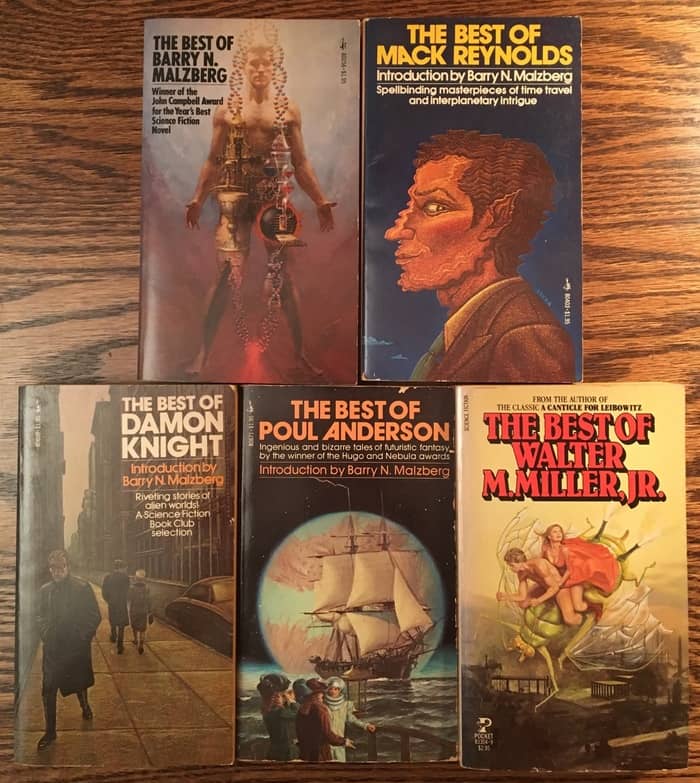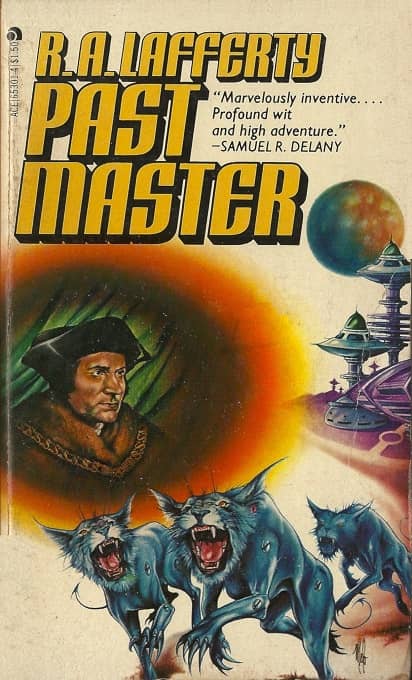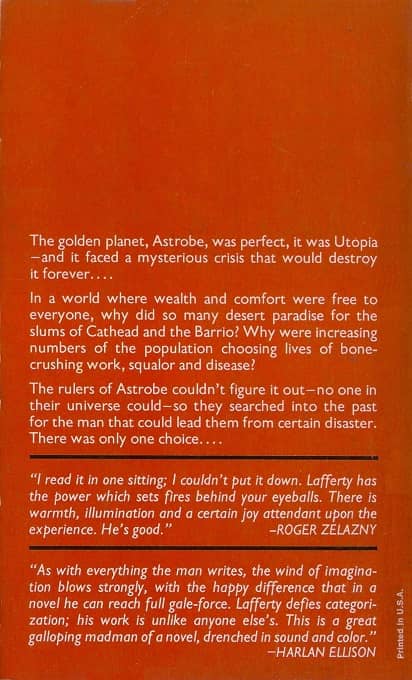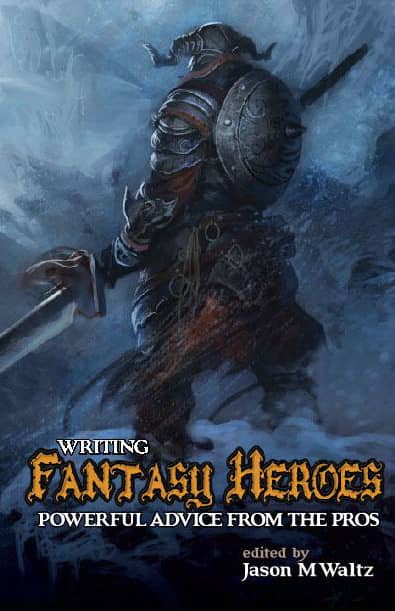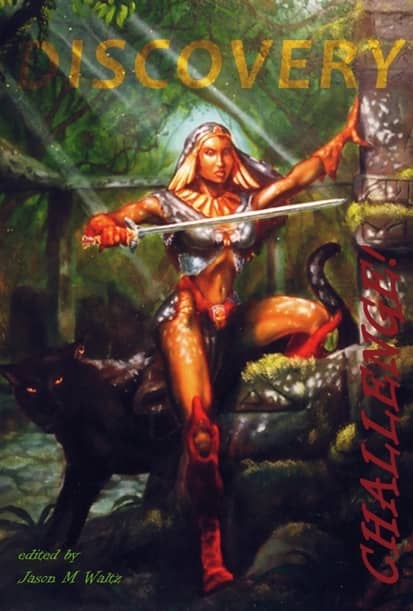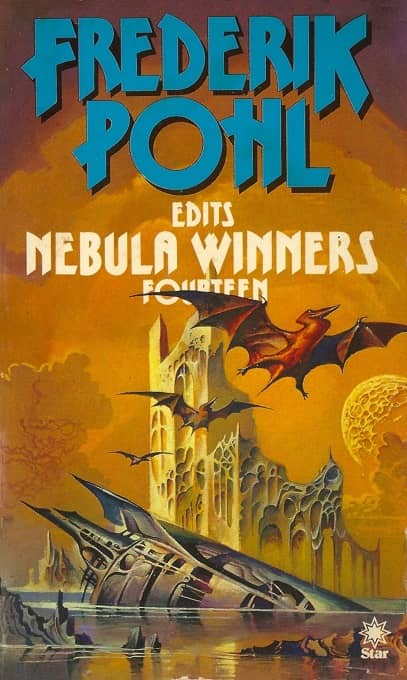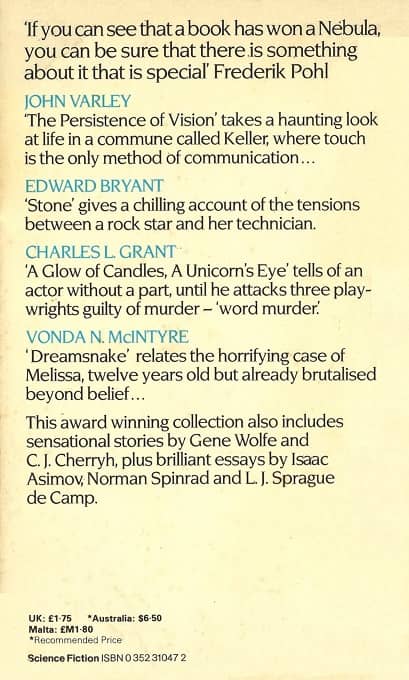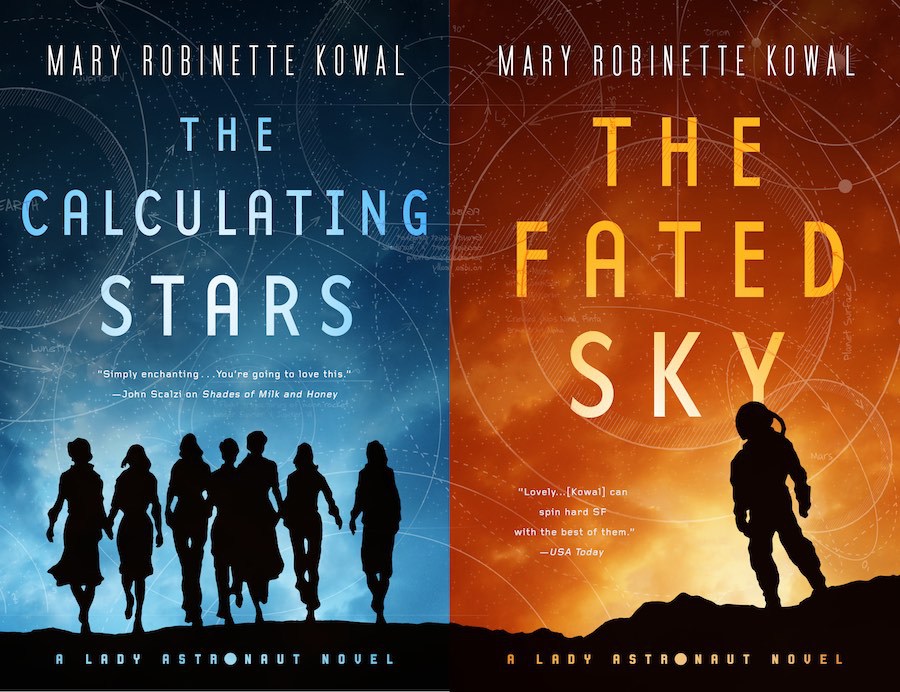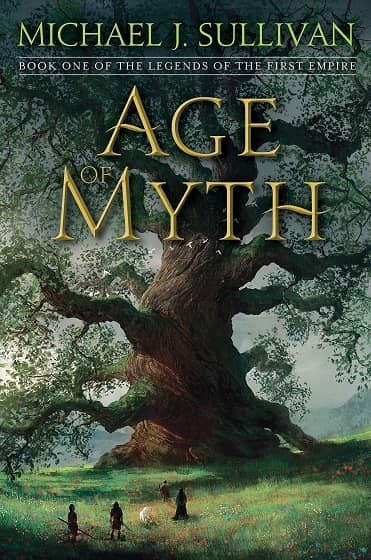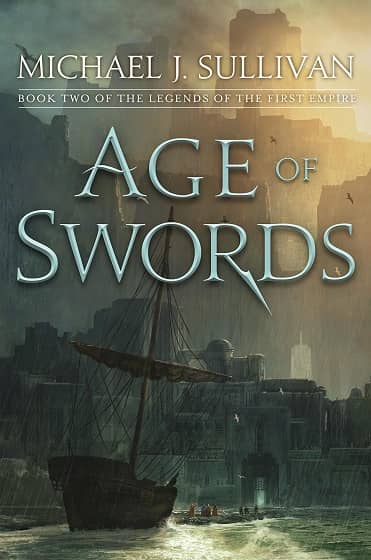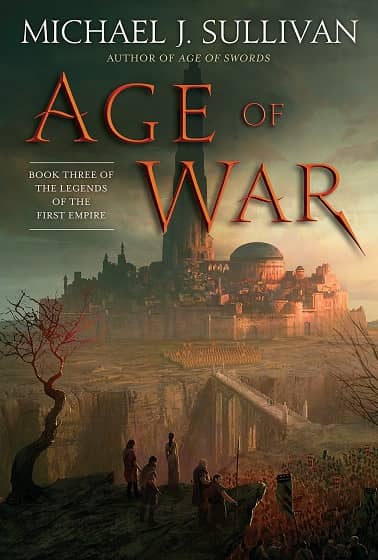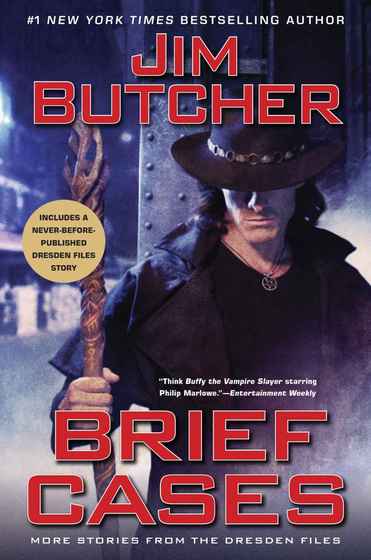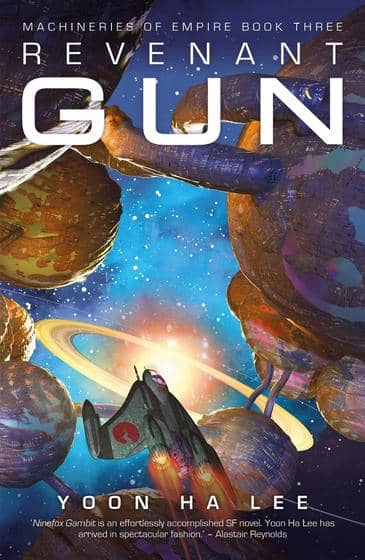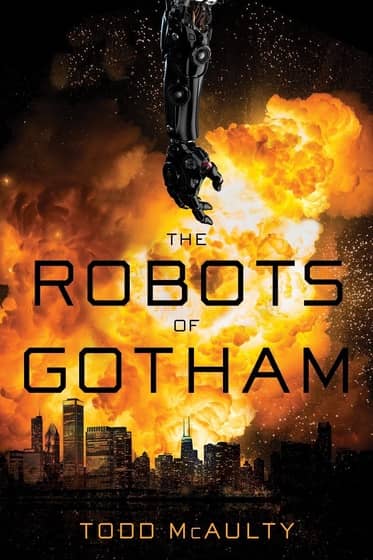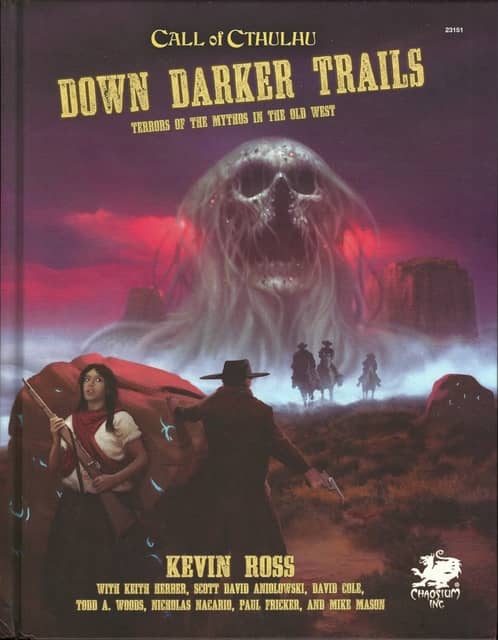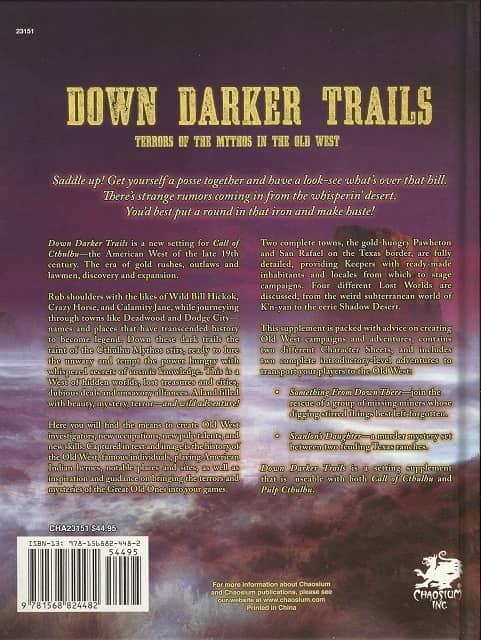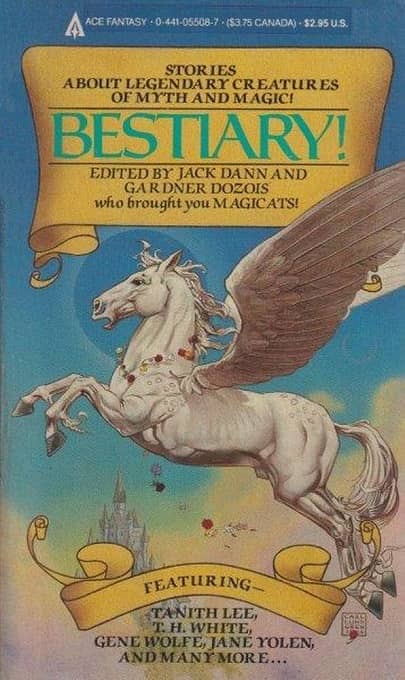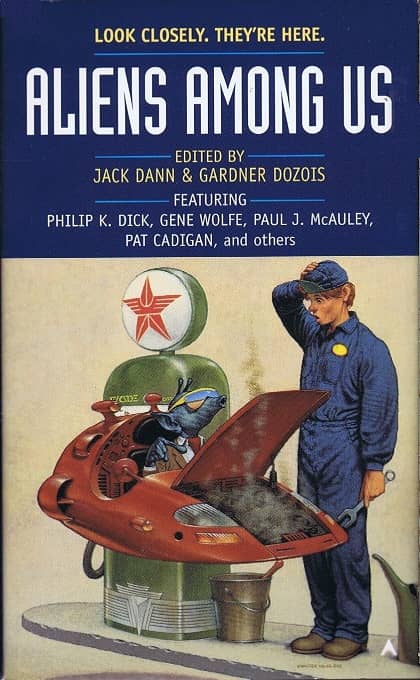The Pocket Best
We’ve spent a lot of time here at Black Gate celebrating Del Rey’s Classics of Science Fiction line from 1974-88 (The Best of Eric Frank Russell, The Best of Fritz Leiber, etc.); nearly two dozen paperback originals reprinting early short stores by C.L. Moore, Leigh Brackett, Edmond Hamilton, Henry Kuttner, John W. Campbell, Philip K. Dick, Fredric Brown, Murray Leinster, Robert Bloch, Jack Williamson, and many others. The series was the equivalent of a Masters-level course in science fiction and, taken as a whole, formed an essential library of 20th Century SF. The entire series, including all the reprints, is cataloged at IMDB. None of the volumes have been reprinted since 1988, and there are no digital versions, but the series was popular enough that copies are easy to find and not particularly expensive. (See below for a handsome set I bought last month for $40).
Lester del Dey wasn’t the only publisher to see the value of a line of Best of collections, of course. Donald Wollheim more or less pioneered the idea with The Book of A.E. van Vogt (DAW Books No. 4, 1972) and The Book of Brian Aldiss (No. 29, 1972), and followed with nine more from Frank Herbert, Philip K. Dick, Gordon R. Dickson, Philip Jose Farmer, Fritz Leiber, Fred Saberhagen, Poul Anderson, John Brunner, and Andre Norton. Like most early DAW efforts though, these were slender volumes; they’re also not as numerous, and the packaging isn’t nearly as attractive as the Del Rey books, so they aren’t as collectible.
There was another publisher who gave del Rey a run for his money, however. Between 1976 and 1980 Pocket Books produced nearly a dozen substantial collections showing off the science fiction authors in their catalog, including Jack Vance, Robert Silverberg, Harry Harrison, John Sladek, Keith Laumer, Damon Knight, Poul Anderson, Barry N. Malzberg, Mack Reynolds, and Walter M. Miller.
